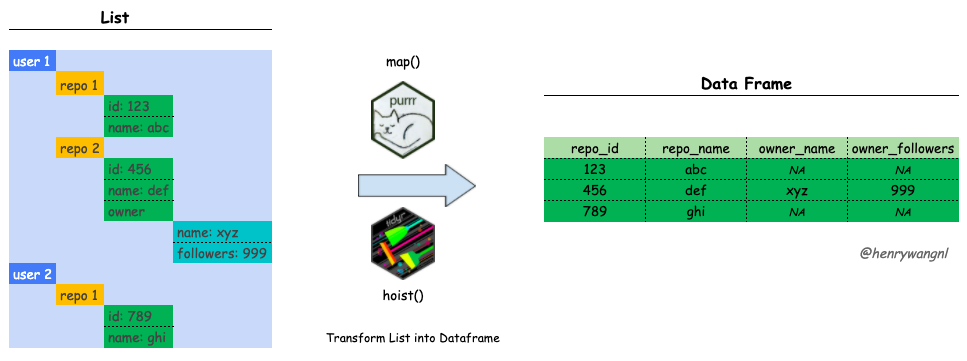Here is a lookup table of HubSpot’s default company properties.
-
name: the internal name for data analysis, which is like variable name in a data frame; -
label: the label name on HubSpot platform, which is easy to remember; -
description: more information about a property;

Feel free to use it but please be aware that these are just the default company properties from my test developer account. As such, please check HubSpot API if you want to have a full list of all your properties.


